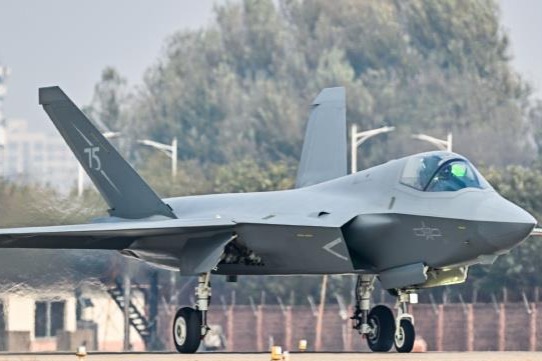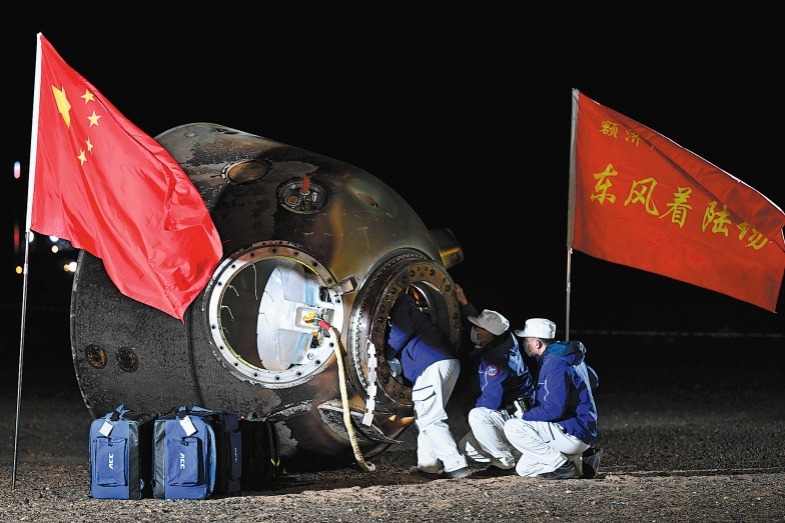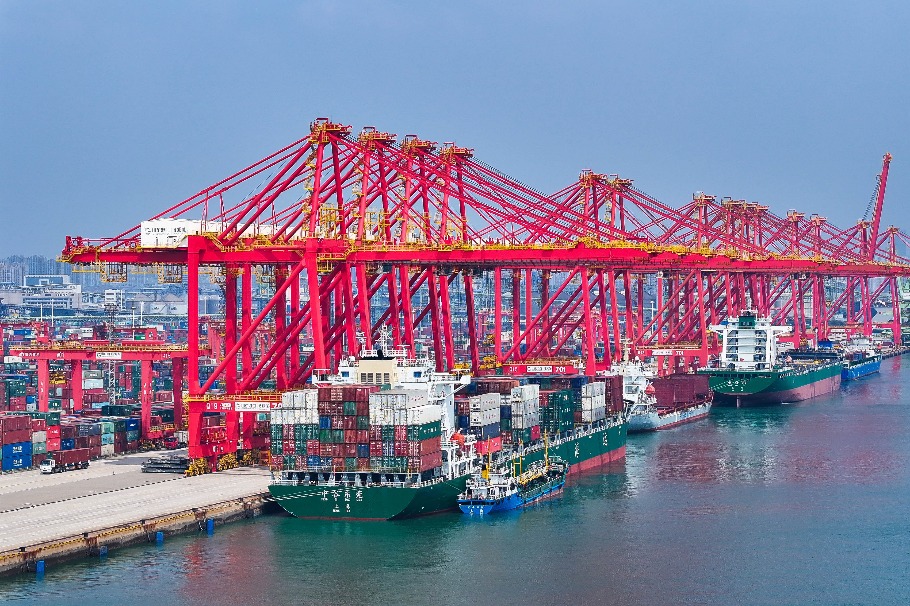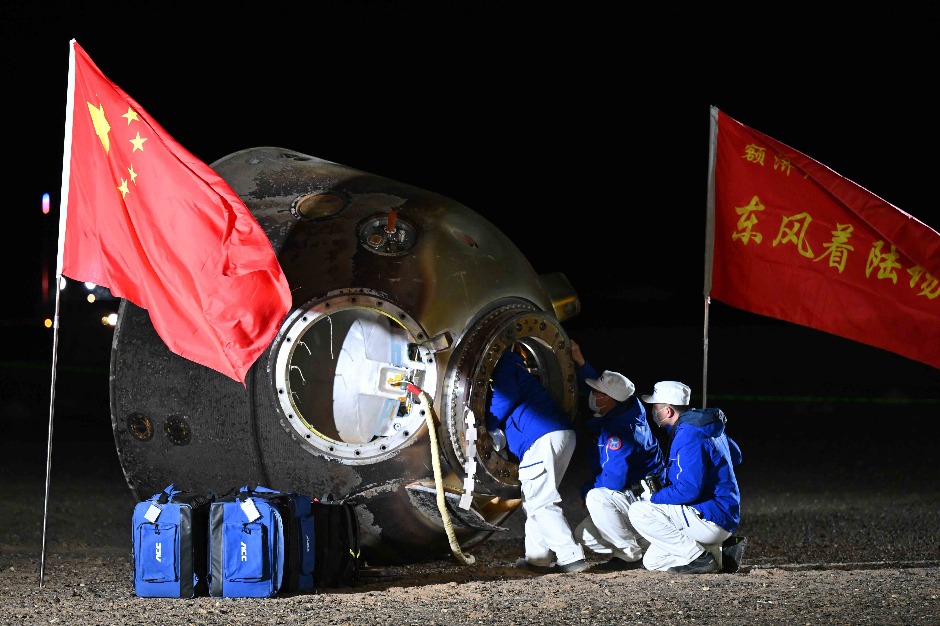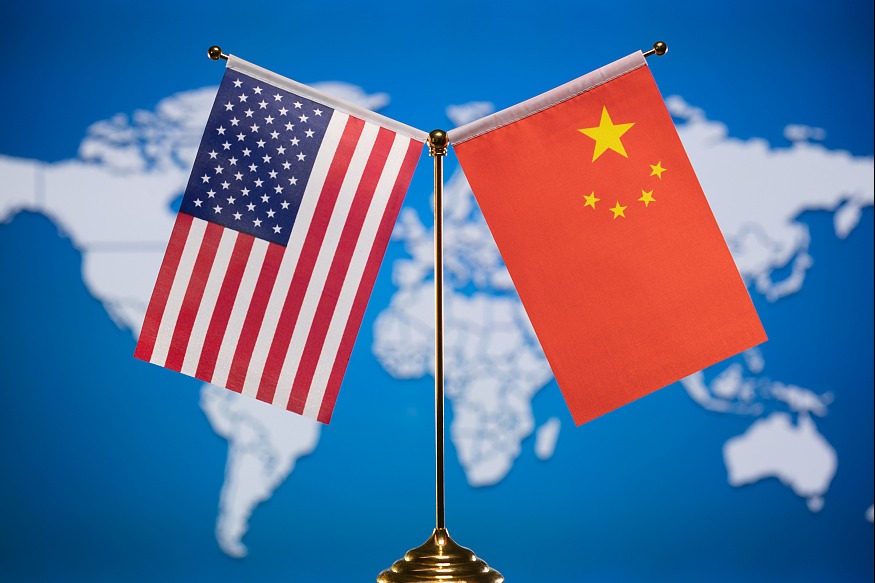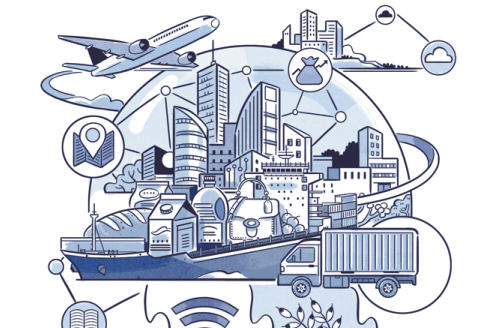What has China's "new trio" brought to the Global South?


In recent years, as China, the global trade powerhouse, continues to increase its exports and move up the value chain, it has been met with increasing dissatisfaction and criticism from developed countries. They criticize China for so-called overcapacity, dumping, environmental pollution and national security threat, in the hope of lobbying countries around the world to say no to Chinese goods and returning to the old days when people lined up to buy pricey goods from the West. Will the Global South countries accept this? Well, we have our own perspective and judgment based on our own interests.
For the rest of the Global South countries, the "old trio" from China, namely clothing, furniture, and household appliance, are the byword of "inexpensive yet good products". They are of better quality than those from developed countries, and are more affordable for the general public, greatly improving people's lives. The "new trio" from China, which includes electric vehicles, lithium-ion batteries and photovoltaic (PV) products, like the "old trio", have once again brought new choices and opportunities to the world, and made it possible for other Global South countries to afford these high-end green technologies and products, which will greatly facilitate their energy transition, environmental improvement, and lifestyle change.
The "new trio", which stands as shining examples of China's mid- and high-end green industries, is underpinned by green and high-tech elements. Amid sluggish global economic recovery, China's progress in the new energy sector, represented by the "new trio", has boosted green technologies worldwide and increased the efficiency of resource allocation. So far, over 100 countries have launched green energy projects in cooperation with China, which are transforming the growth models of these countries, and are fostering new growth pillars and drivers for the world economy.
Since the Industrial Revolution and as the result of unfair division of labor, the Global South countries have been stuck at the lower end of the supply chain as raw materials providers. As the new round of digital and green industrial revolution takes place, these countries, once again, risk falling victim to the "digital divide" and "green divide" created by the West. Thanks to China's possession of and readiness to share the advanced green technologies through industrial cooperation, we Global South countries are on track to achieve green transition. In fact, green industries based on the "new trio" have become new highlights within Global South countries cooperation. China has launched over 70 green energy projects in Africa, including PV plants in Zambia, agricultural technology demonstration centers, and the Karuma Hydropower Plant in Uganda. Projects as such have brought many Global South countries to the latest era of development from the pre-industrial one. As countries in Latin America, Africa, and Southeast Asia are eager to develop their new energy vehicle industries, China expresses its readiness to jointly establish green supply chains by leveraging its own technological expertise in tandem with their labor and cost strengths. BYD, China's leading new energy vehicle manufacturer, has opened factories in eight countries, boosting local industries and creating numerous jobs.
In addition, some of the green energy cooperation projects between China and other countries of the Global South have significantly improved energy accessibility in underdeveloped regions. For instance, China's distributed PV systems have brought light to residents in remote and impoverished areas in Africa, secured the minimum power demand of people in war-torn Gaza, and put an end to power shortage in Argentina's high-altitude Jujuy Province. More importantly, many countries benefit from China's sharing of its technologies and providing training opportunities. It has trained 3000 green development professionals for over 120 Belt and Road countries, giving the Global South an opportunity to catch up with developed countries in green technologies.
At the recent Beijing Summit of the Forum on Africa-China Cooperation, Chinese President Xi Jinping proposed to jointly advance modernization that is eco-friendly, and pledged to launch 30 clean energy projects in Africa, working with Africa to build "green growth engines". Global South countries, including those in Africa, are greatly encouraged. They look forward to more "new trio" products and an even broader range of goods from China. Indeed, when people are able to enjoy these green, high-tech and inexpensive products, who would want to return to the old times of Western technological monopoly and exorbitant prices?

















